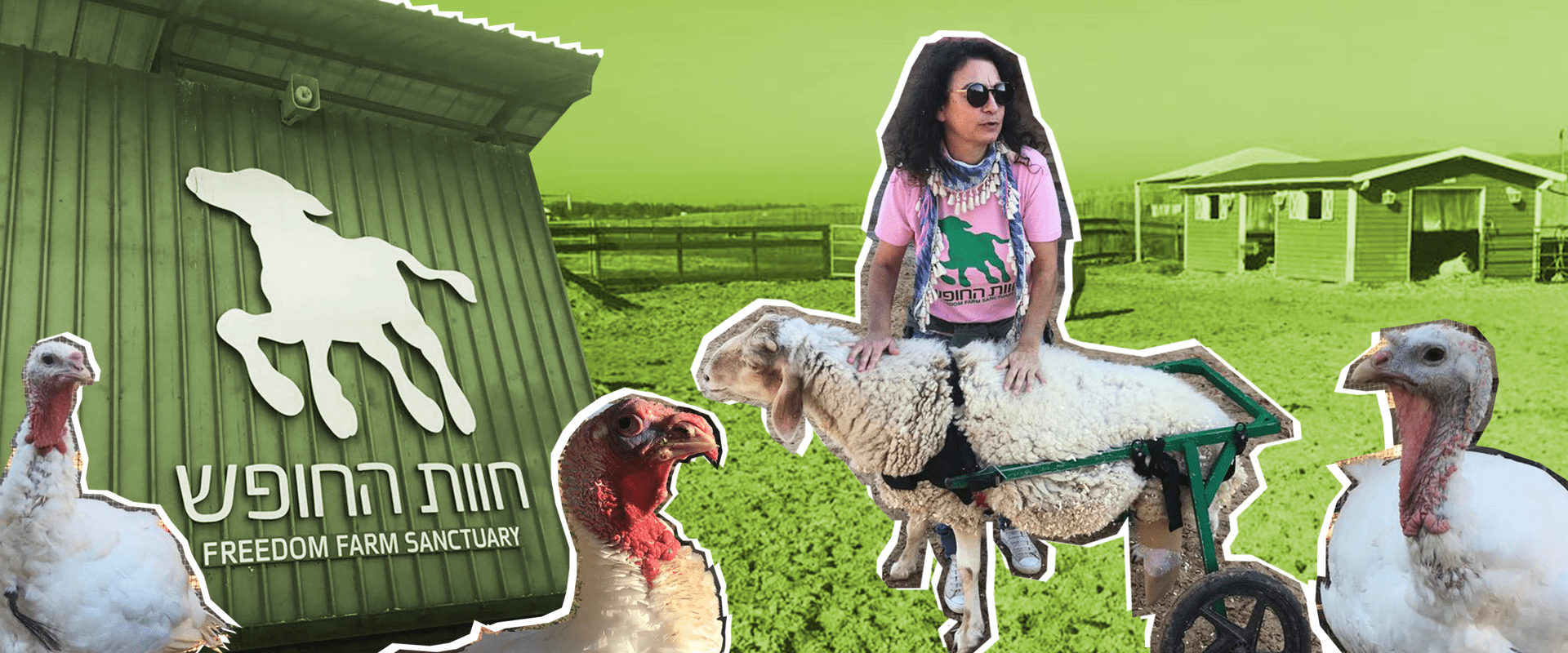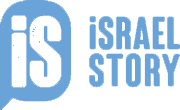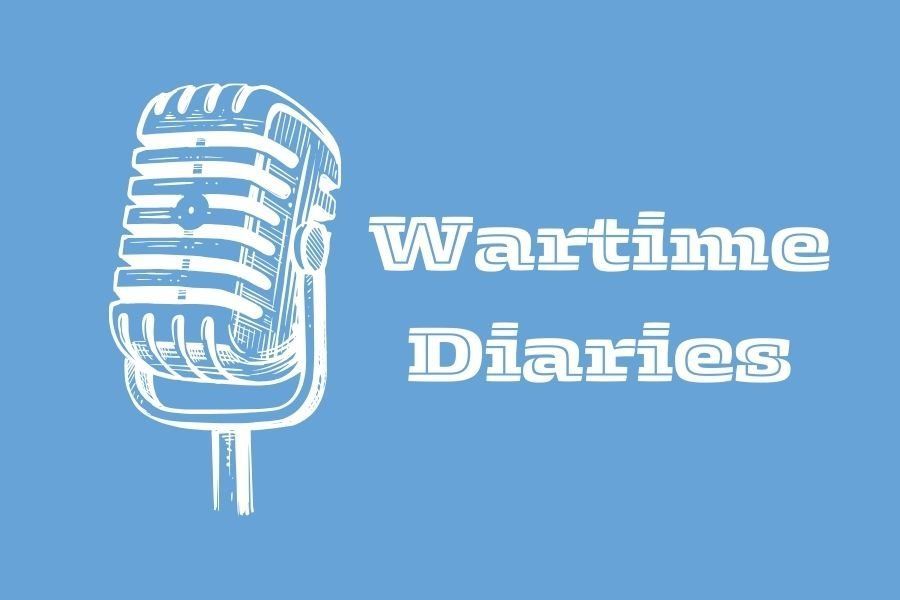Bonus Episode
Bonus: Turkey Time!
- 16:53
- 2021
Mishy goes to the Freedom Farm near Netanya, and chats with Dani Pudim, the educational director. Together they meet Shirley, Iris, Orna, Maital and Orly - the farm’s five turkeys.

As many of us celebrate the holiday and think about all that we are thankful for, we hope you will open your hearts and make a donation to Israel Story. If you believe in what we do, if Israel Story adds something to your life, if you feel that we capture unique aspects of this crazy little country called Israel, please pitch in.
Credits
Zev Levi scored this piece with music from Podington Bear and Blue Dot Sessions. Skyler Inman created the artwork. The end song is Hachnisini Tahat Knafech, written by Hayim Nahman Bialik, composed by Miki Gavrielov and performed by Arik Einstein.

 Wartime Diaries
Wartime Diaries

